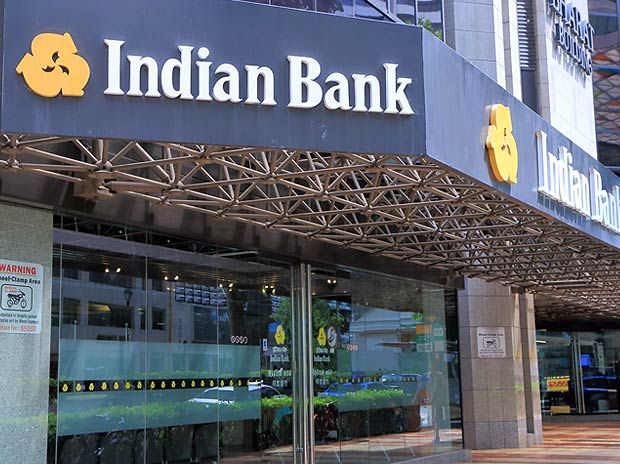A Labour Department report showed consumer price index (CPI) rose more than expected last month and the gain was the largest in seven months, lifting the year-on-year increase to 1.9 percent from 1.7 percent in July.
Despite the uptick, both CPI and personal consumption expenditures, the Federal Reserve's preferred inflation measure, remain stuck below the central bank's 2-percent target.
"I don't think they should raise rates in December, but they will, in order to counteract any kind of slowdown in the overall economy," said Robert Pavlik, chief market strategist at Boston Private Wealth.
After the data was released, the odds of a hike in December rose to top 50 percent for the first time since July, from 41.3 percent, according to CME Group's FedWatch tool.
The CPI data is the last to be released before the Fed's Sept. 19-20 policy meeting, where it is expected to outline a program to start offloading its $4.2 trillion balance sheet.
READ MORE



